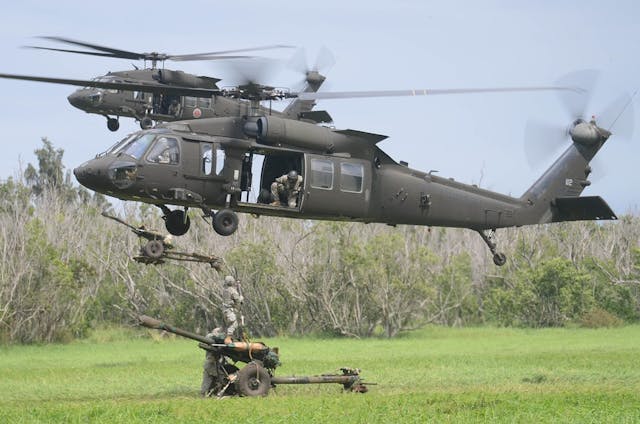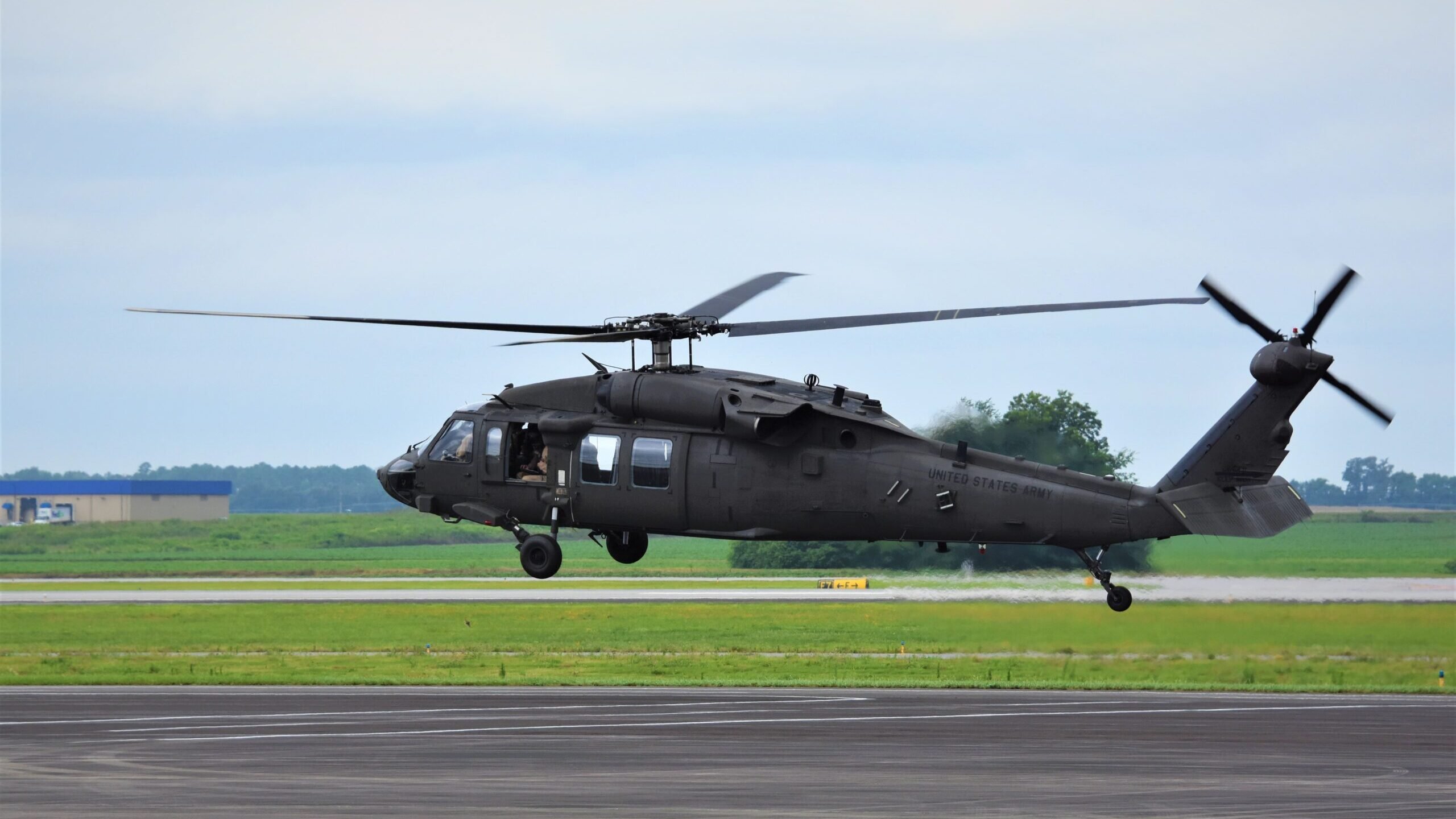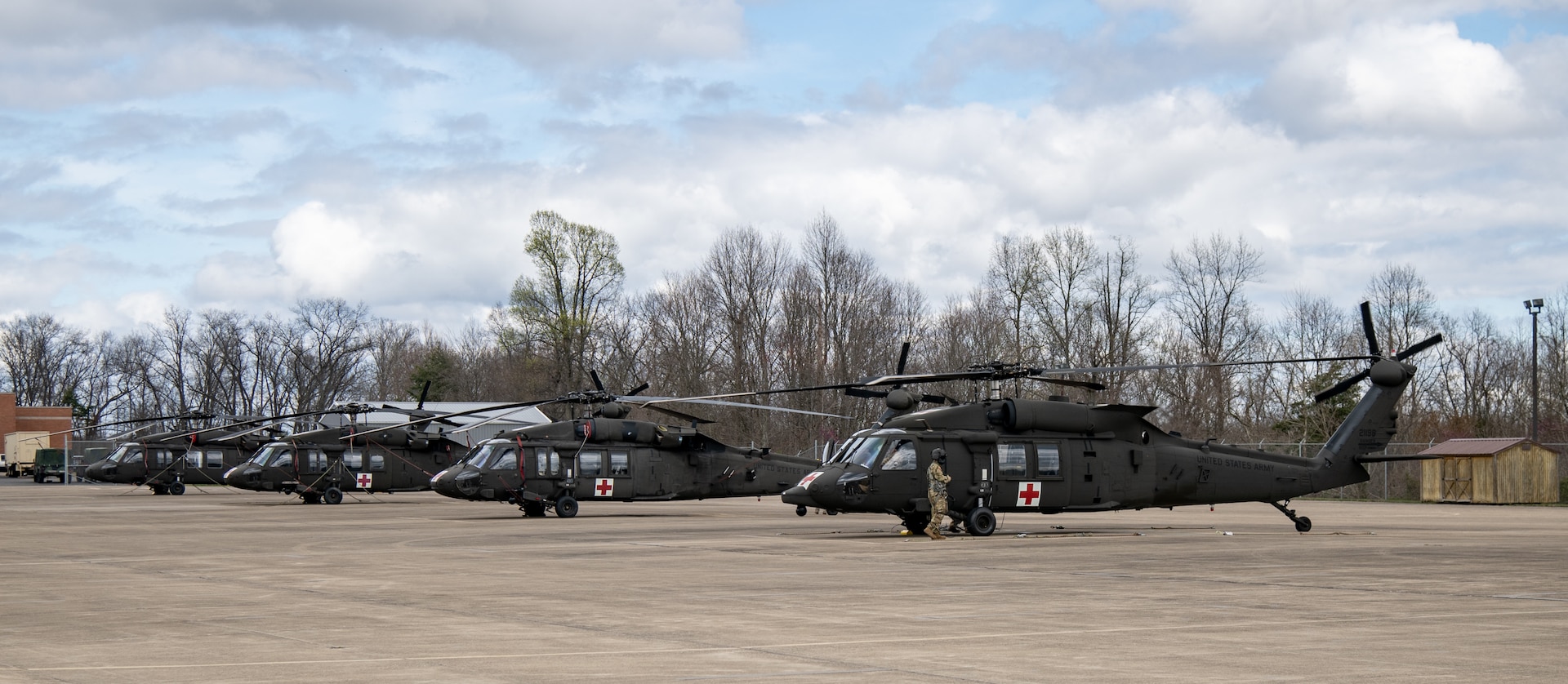The Role of UH 60 in Modern Military Procedures
The Role of UH 60 in Modern Military Procedures
Blog Article
The Influence of Sustainable Practices on the Future of Airplane Operations and Emissions Reduction
As the aviation market faces enhancing analysis over its ecological influence, the fostering of lasting methods emerges as a vital pathway towards future aircraft operations and exhausts reduction. Developments in lasting aeronautics fuels and developments in crossbreed propulsion innovations stand at the leading edge of this makeover, appealing significant reductions in greenhouse gas discharges. The effective integration of these campaigns hinges on a variety of elements, including regulative frameworks and industry partnership. The inquiry remains: exactly how will these evolving methods reshape the dynamics of air traveling and add to a much more lasting future?

Review of Lasting Practices
Lasting methods in aircraft operations include a variety of methods targeted at reducing ecological effect while preserving operational efficiency. These practices are vital in the aviation industry's dedication to minimizing its carbon footprint and adhering to worldwide environmental requirements. Secret initiatives consist of maximizing flight paths to decrease gas intake, enhancing upkeep procedures to guarantee airplane run at peak efficiency, and applying advanced technologies such as winglets and light-weight products that boost the rules of aerodynamics.

Educating and engaging personnel on sustainability methods also play an important function, cultivating a society of ecological responsibility within organizations. Overall, the combination of these sustainable techniques not just assists decrease discharges however additionally enhances the long-term viability of the aeronautics field, ensuring it satisfies the needs of both consumers and regulatory bodies while contributing to global sustainability objectives.
Cutting-edge Gas Alternatives
Various cutting-edge fuel options are emerging as pivotal solutions to lower the air travel industry's reliance on typical fossil gas. Among these choices, Sustainable Aviation Fuels (SAFs) have gained substantial focus as a result of their potential to decrease lifecycle greenhouse gas exhausts by up to 80% contrasted to traditional jet gas. SAFs are originated from various feedstocks, consisting of waste oils, farming residues, and even algae, making them a versatile option for the industry.
Another promising choice is hydrogen gas, which, when made use of in fuel cells, produces just water vapor as a byproduct. Additionally, electric propulsion systems are being discovered, leveraging battery modern technology to power airplane.
Last but not least, biofuels originated from biomass are being investigated, using a renewable choice that can be blended with conventional fuels. Collectively, these ingenious gas options represent a vital action towards accomplishing a lasting aviation ecosystem, straightening with worldwide discharges reduction targets and boosting the sector's ecological stewardship.
Technical Innovations in Air Travel

Exactly how can technical innovations improve the future of aeronautics? Advancements such as electrical and hybrid propulsion systems are at the forefront, appealing significant decreases in fuel usage and greenhouse gas exhausts.
In addition, the implementation of innovative materials, such as lightweight composites, adds to boosted aerodynamics and gas effectiveness. Making use of expert system and read equipment discovering in trip operations enhances route planning and decreases fuel burn by allowing real-time adjustments based on weather condition and traffic problems. Furthermore, the development of self-governing and remotely piloted airplane systems stands to transform cargo and guest transport, possibly increasing performance while reducing human mistake.
Additionally, lasting aviation modern technologies, consisting of advanced air website traffic administration systems, can streamline procedures and reduce congestion, resulting in reduced emissions during trip. These developments jointly stand for a paradigm shift in aeronautics, promising a future where sustainability and operational efficiency are linked, thus supporting the sector's dedication to reducing its environmental effect.

Regulative Structure and Conformity
Because of the growing focus on ecological stewardship within the aeronautics field, the regulative structure governing aircraft operations is evolving to promote lasting practices. Governing bodies, such as the International Civil Air Travel Organization (ICAO) and various nationwide aeronautics authorities, are presenting strict guidelines intended at lowering emissions and enhancing functional effectiveness.
These guidelines usually consist of the adoption of Lasting Aviation Gas (SAF), which has actually been identified as an essential component in attaining reduced carbon impacts. Compliance with these policies needs airlines to carry out functional practices and advanced technologies, such look at this website as optimized trip paths and improved air website traffic administration, to reduce fuel intake.
Furthermore, the enforcement of discharges web link trading systems and carbon balancing out campaigns is ending up being increasingly prevalent, compelling airline companies to check and report their discharges properly. Non-compliance can cause considerable penalties, thus pressing operators to prioritize sustainability in their business models.
Inevitably, the developing regulatory landscape not only drives advancement and financial investment in eco-friendly modern technologies however likewise promotes a culture of responsibility within the air travel market. As these structures remain to create, the focus on sustainable methods will be integral to accomplishing the market's lasting environmental objectives.
Future Fads in Aircraft Operations
As the aviation sector adapts to a progressively strict regulatory environment, future fads in aircraft operations are readied to focus on cutting-edge services that additionally improve sustainability and effectiveness - uh 60. Trick developments will likely include the fostering of advanced air traffic administration systems, which make use of real-time information and expert system to enhance flight paths, lowering gas consumption and discharges
One more substantial fad is the enhanced integration of lasting air travel gas (SAFs) These alternatives to standard jet fuel, obtained from sustainable resources, can significantly lower lifecycle greenhouse gas emissions. The industry's commitment to SAFs will likely increase as airline companies work together with gas producers to ensure accessibility and cost-effectiveness.
Additionally, the push in the direction of electrification and hybrid propulsion systems is acquiring momentum. Arising airplane styles will integrate these technologies, supplying quieter and much more effective procedures, particularly for short-haul flights.
Conclusion
Finally, the assimilation of sustainable techniques in aircraft operations holds considerable potential for exhausts reduction and enhanced performance. The fostering of sustainable aviation gas, combined with innovations in electric and hybrid propulsion systems, is necessary for lessening lifecycle greenhouse gas exhausts. In addition, enhancing flight courses and accepting ingenious modern technologies contribute to a quieter and extra eco friendly aeronautics field. Jointly, these initiatives straighten with global sustainability goals and lead the way for a greener future in aeronautics.
Advancements in lasting aviation gas and advancements in hybrid propulsion modern technologies stand at the forefront of this makeover, encouraging significant reductions in greenhouse gas emissions.Numerous cutting-edge gas alternatives are emerging as critical remedies to lower the aviation sector's reliance on conventional fossil fuels - uh 60. Among these options, Lasting Aeronautics Fuels (SAFs) have actually acquired considerable focus due to their potential to decrease lifecycle greenhouse gas discharges by up to 80% contrasted to traditional jet gas.Another substantial pattern is the raised assimilation of sustainable air travel gas (SAFs) The adoption of sustainable aeronautics fuels, coupled with developments in hybrid and electric propulsion systems, is necessary for decreasing lifecycle greenhouse gas exhausts
Report this page